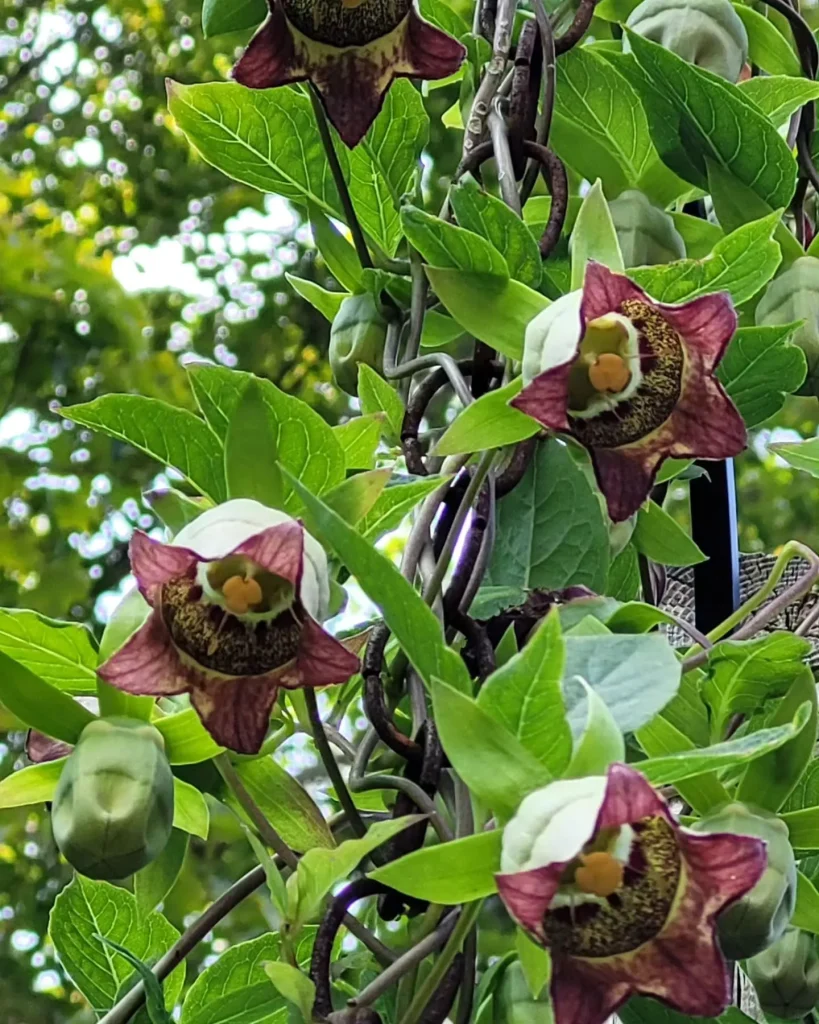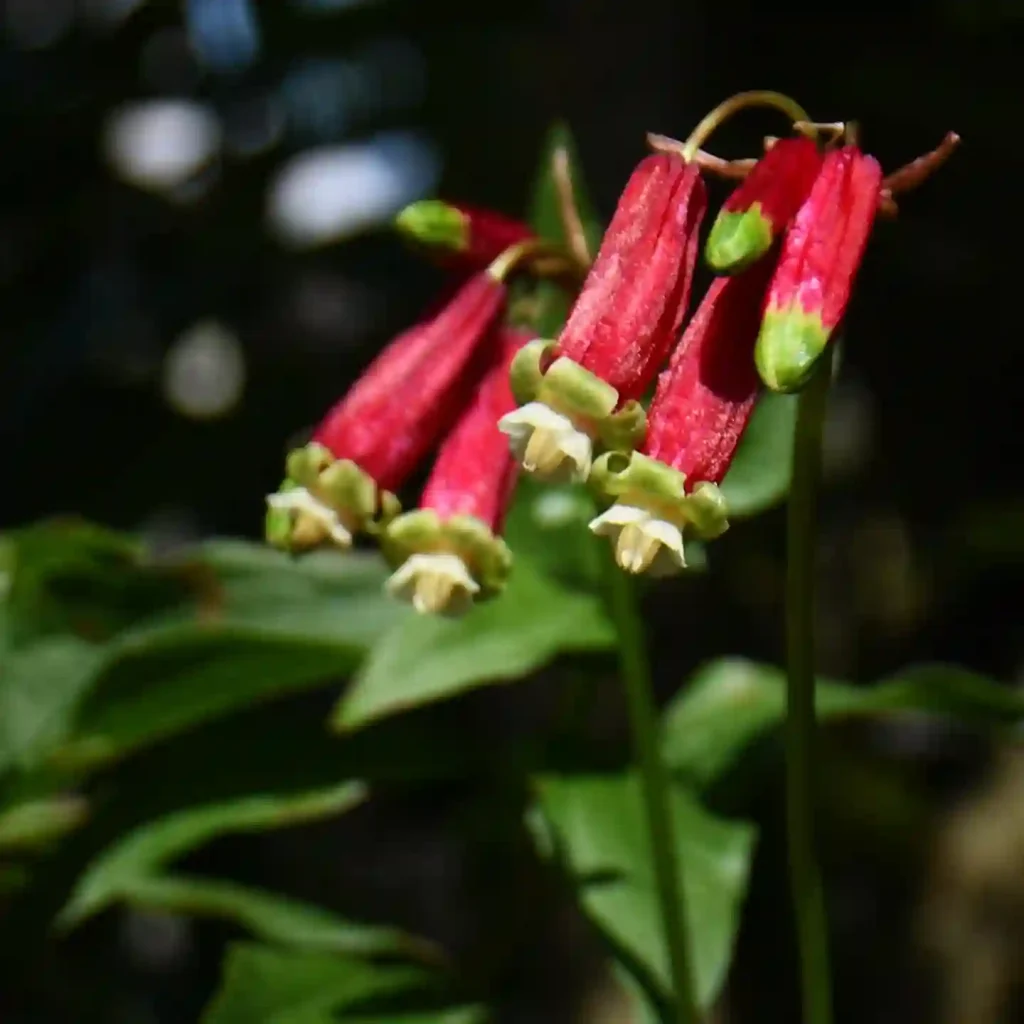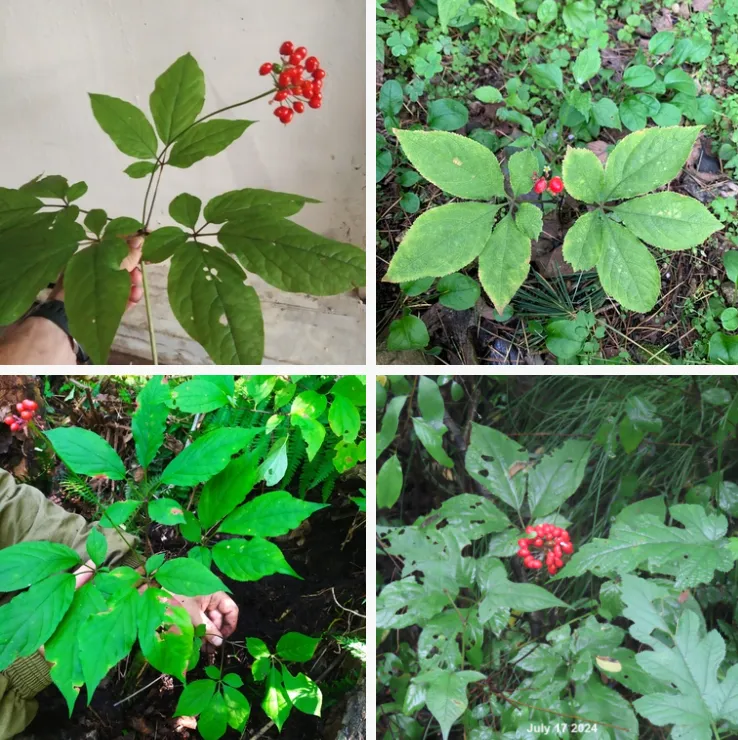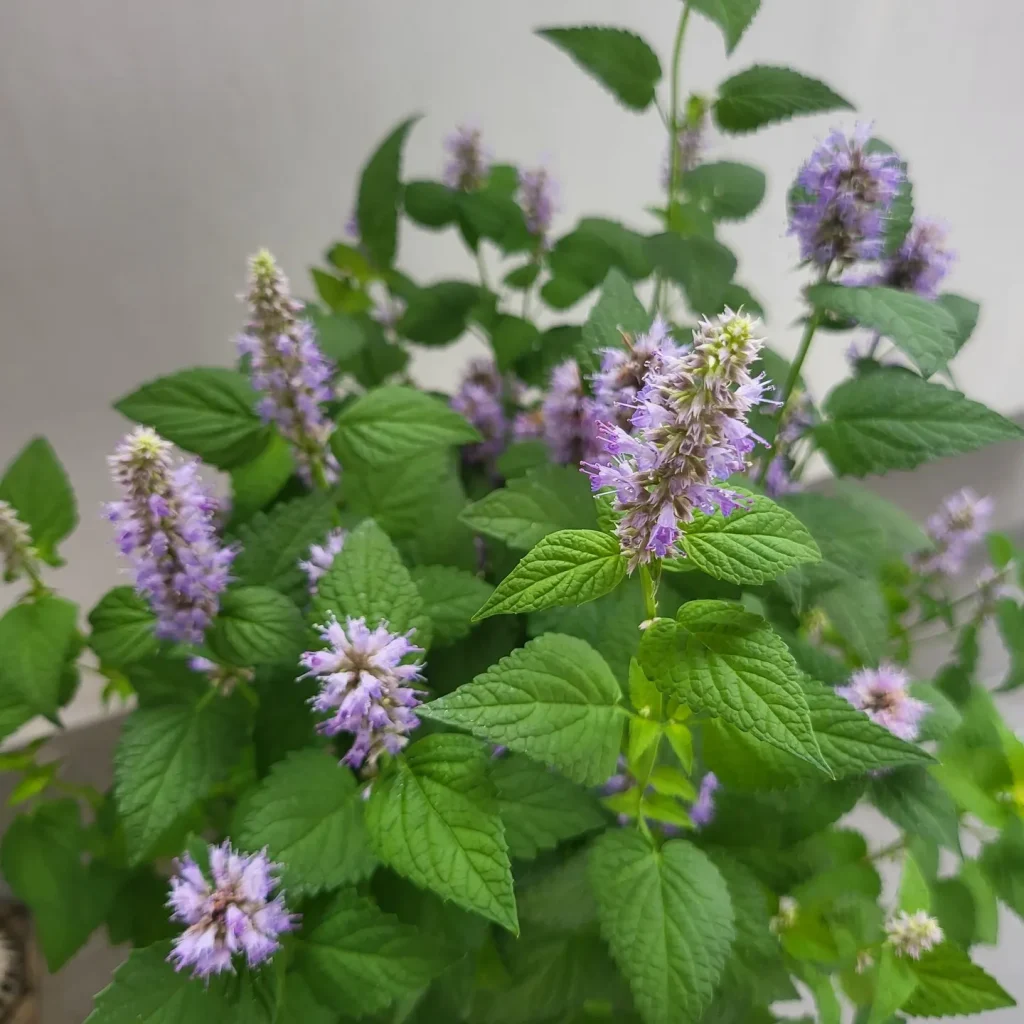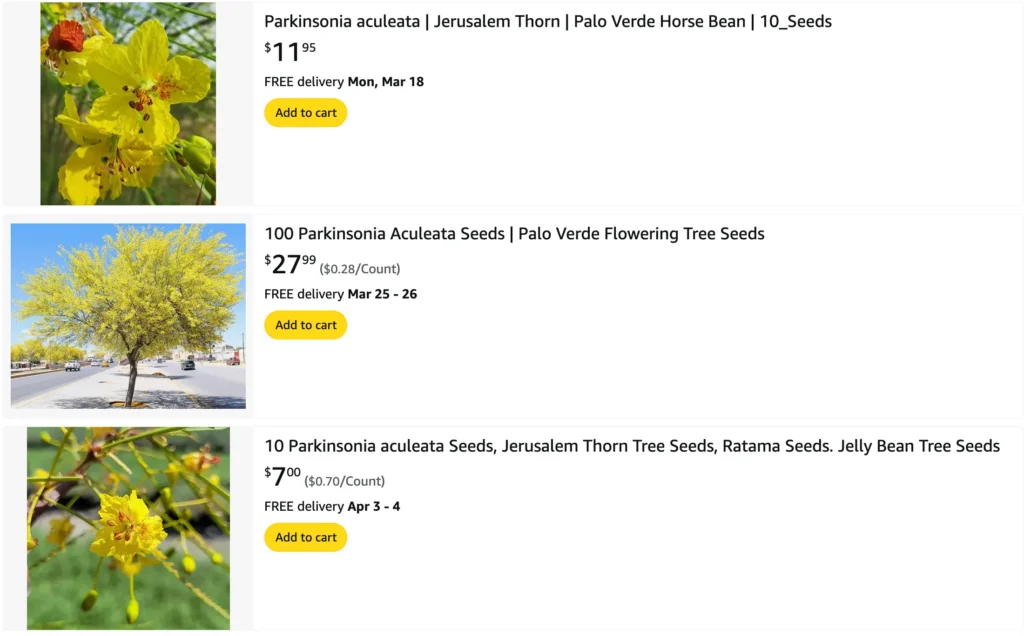
Parkinsonia Aculeata: Your Guide to the Jerusalem Thorn
Hi, I’m Ferb Vu, and I’m here to answer your questions about the Parkinsonia aculeata, also known as the Jerusalem Thorn. This fascinating little tree (or sometimes shrub) packs a punch of beauty and resilience. Whether you’re a seasoned gardener or just starting your plant parenthood journey, the Jerusalem Thorn might be the perfect addition to your landscape.
14 Species in Genus Parkinsonia
What is Parkinsonia aculeata?
Parkinsonia aculeata belongs to the Fabaceae family, the same family as peas and beans. It’s a perennial, meaning it lives for many years, and boasts vibrant yellow flowers during its long blooming season. Native to dry regions of South America, Central America, and Mexico, the Jerusalem Thorn thrives in hot, arid climates.
How big does a Jerusalem Thorn get?
Parkinsonia aculeata can grow anywhere from 2 to 8 meters (6.6 to 26.2 feet) tall, with a maximum height of 10 meters (33 feet). It can appear as a single-stemmed tree or have multiple trunks, all adorned with graceful, slightly arching branches. The leaves are hairless and fern-like, adding a delicate touch to its overall structure.
Jerusalem Thorn vs. Palo Verde: What’s the Difference?
You might come across the name “Palo Verde” when researching Parkinsonia aculeata. Palo Verde actually refers to several species of trees within the same genus, Parkinsonia. The most common confusion arises with the Blue Palo Verde (Parkinsonia florida). Here’s a quick breakdown of the key differences:
- Flowers: Parkinsonia aculeata has bright yellow flowers, while Parkinsonia florida boasts vibrant blue blooms.
- Bark: Parkinsonia aculeata has a distinctive green bark, whereas Parkinsonia florida has a brownish-gray bark.
- Habitat: Parkinsonia aculeata thrives in hot, arid climates. Parkinsonia florida prefers slightly cooler and moister environments.
Both trees are beautiful additions to landscapes, but choosing the right one depends on your specific climate and desired aesthetics.
Does the Jerusalem Thorn have thorns?
The name “Jerusalem Thorn” is a bit of a giveaway. Yes, Parkinsonia aculeata has sharp spines scattered along its branches. These thorns serve a dual purpose: deterring herbivores and helping the tree conserve water by reducing wind exposure. While planting the Jerusalem Thorn, be mindful of its spiky nature and wear gloves when handling it.
How to Care for a Jerusalem Thorn?
The Jerusalem Thorn is a low-maintenance plant, perfect for busy gardeners or those living in hot, dry climates. Here’s what it needs to thrive:
- Sunlight: Full sun is ideal for optimal growth and flower production.
- Soil: Well-draining soil is crucial. Amend your soil with sand or gravel if necessary.
- Watering: Deep watering once or twice a month is sufficient, especially during the establishment phase. Once established, the Jerusalem Thorn is remarkably drought-tolerant.
- Fertilizing: Occasional fertilization with a balanced fertilizer during the growing season can promote healthy growth.
Pruning is generally not required, but you can lightly trim to maintain the desired shape or remove deadwood. Remember to wear gloves when pruning due to the thorns.
Is the Jerusalem Thorn poisonous?
While the Jerusalem Thorn isn’t deadly, some parts can cause stomach upset if ingested. The seeds, in particular, contain toxins that can be harmful. It’s best to keep this plant out of reach of children and pets.
Benefits of Planting a Jerusalem Thorn
Here are some reasons to consider planting a Jerusalem Thorn in your landscape:
- Drought tolerance: A perfect choice for water-wise landscaping.
- Heat tolerance: Thrives in hot climates where other plants struggle.
- Beautiful flowers: The vibrant yellow blooms add a cheerful pop of color to your garden.
- Fast growth: The Jerusalem Thorn grows relatively quickly, providing shade and structure within a few years.
- Wildlife habitat: The flowers attract pollinators like bees and butterflies.
Conclusion
The Parkinsonia aculeata, or Jerusalem Thorn, is a resilient and beautiful tree that offers a multitude of benefits for gardeners in hot, dry climates. With its low-maintenance needs and stunning blooms, the Jerusalem Thorn can be a wonderful addition to your landscape. Just remember to be cautious of the thorns and keep the plant out of reach of curious children and pets.
If you’re looking for a drought-tolerant, low-maintenance plant that adds a touch of elegance and vibrancy to your garden, the Jerusalem Thorn might be the perfect choice for you.
If i die, water my plants!
